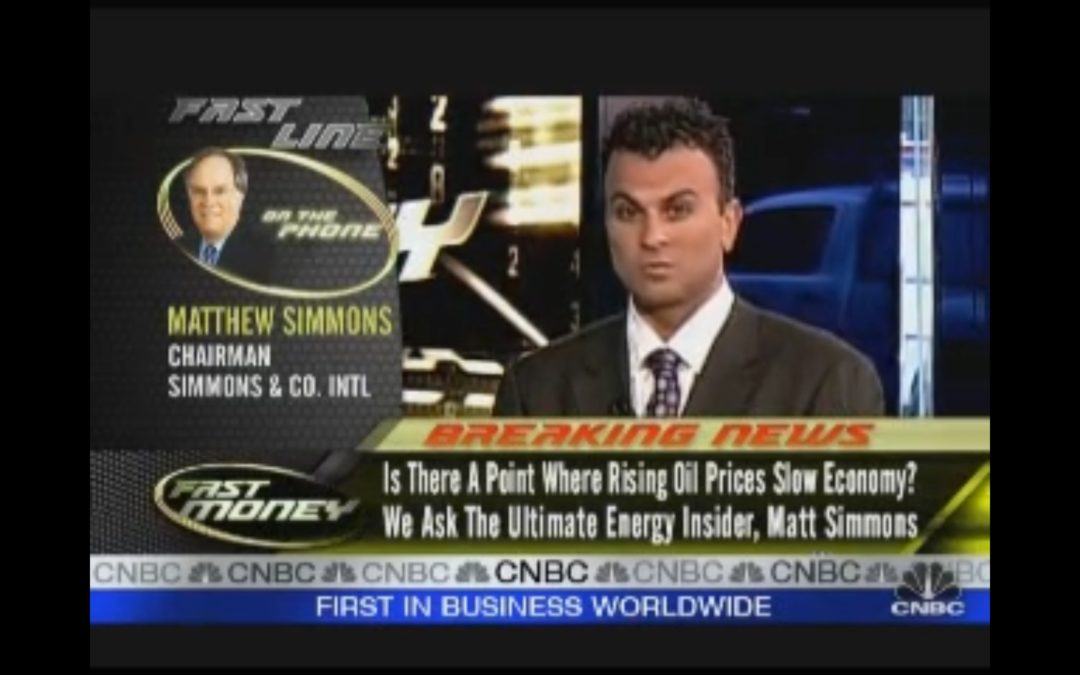
by Shaun Chamberlin | Jul 17, 2008 | All Posts, Cultural stories, Peak Oil
Thanks to the Oil Drum‘s Peak Oil Media Watch I recently came across this fascinating video clip from the “Fast Money” programme on American business news channel CNBC. In the extract the studio panel are discussing the rise in oil prices and –...



Recent Comments